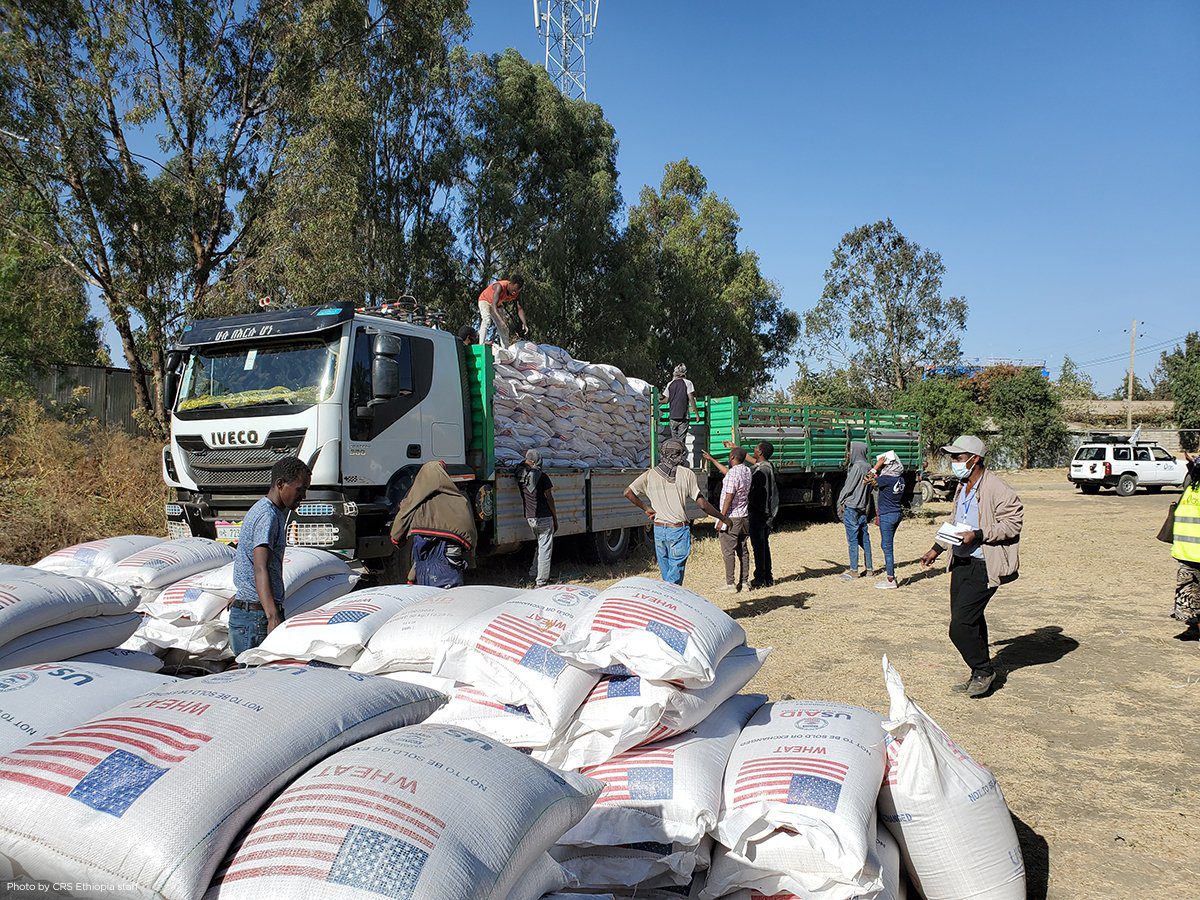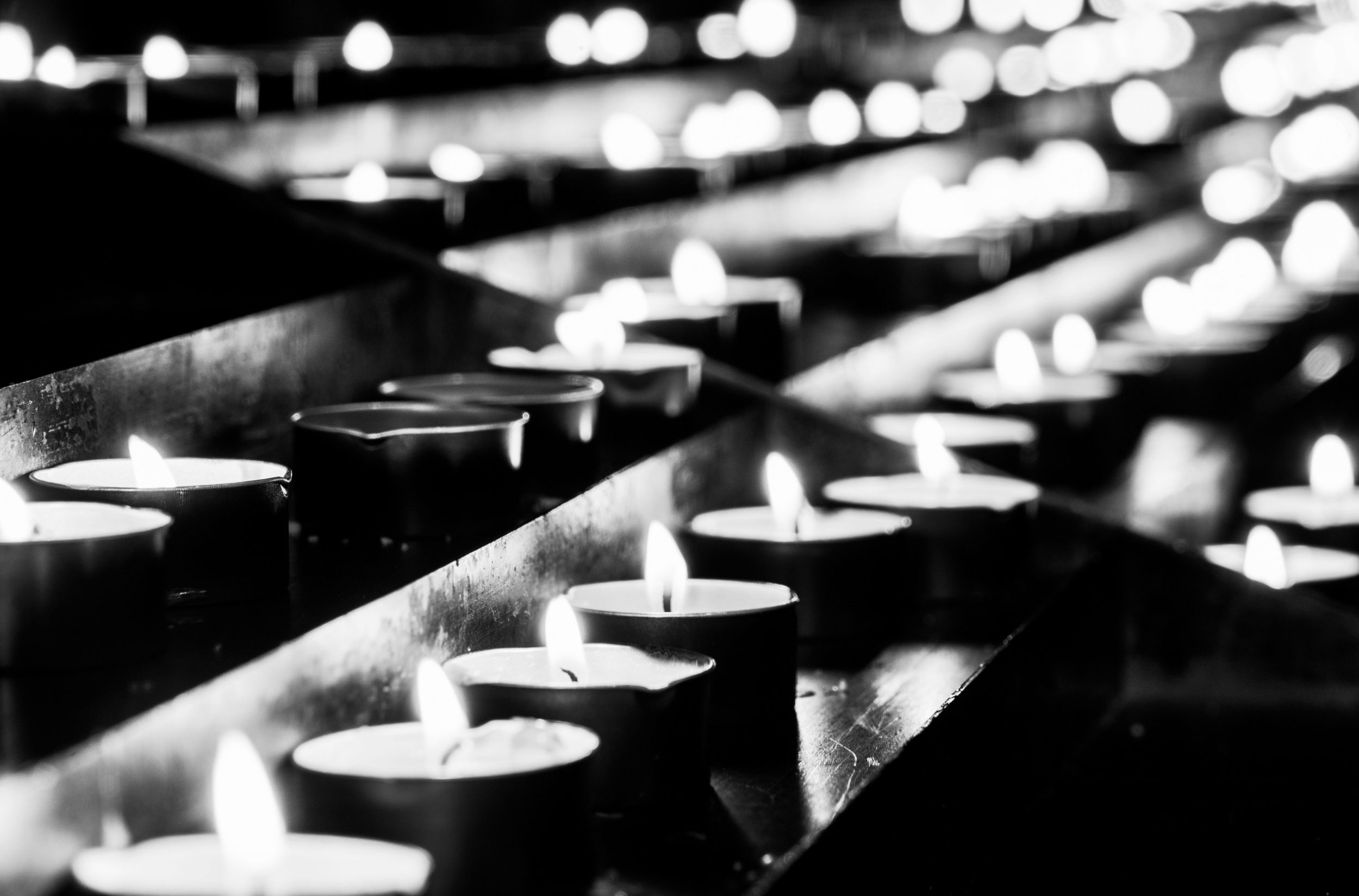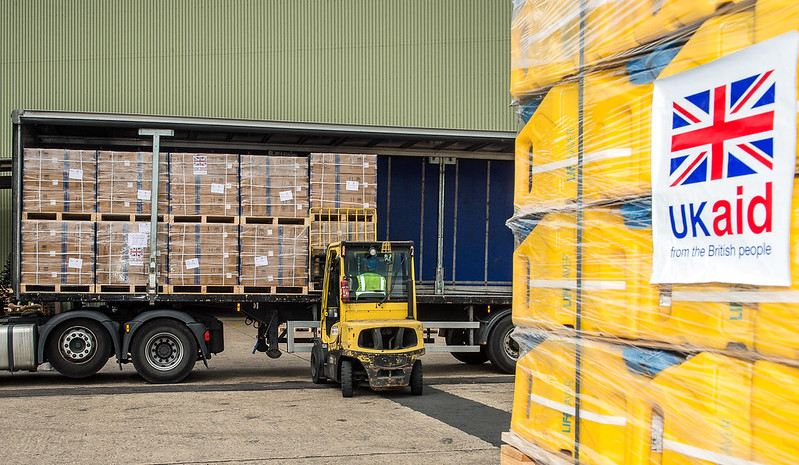From the crooked timber of humanitarianism much good was fashioned.
The humanitarian project was imperfect. Over half a century, liberal aid workers accepted the rationale of the lesser evil—that it was better to provide life-saving assistance to the starving even if it meant compromising with the agendas of those inflicting the harm. Unable properly to heal the wounds, we were condemned to repeat our efforts to stem the bleeding.
Over the years, critics of the humanitarian international, such as myself, came to accept that, first, it saved countless lives and brought the end of famines within reach, and second, that there were enough humanitarians with an active, and reflective, liberal conscience to call the system to account.
Now the timber has been felled. What comes next?
I have just published an essay on this topic in the Georgetown Journal of International Affairs.
The essay was written late last year, with an update in January, and much has happened since then—such as the chainsaw that Elon Musk took to USAID, deepening famine in Sudan, and surveillance humanitarianism in Gaza.
The questions I posed have only become sharper.
For fifty years there was a dominant liberal ‘humanitarian international’, with institutions and procedures. In its shade were other humanitarian traditions and practices, to which we didn’t pay much attention.
USAID closed its doors on July 1. Until January it was the world’s biggest funder of humanitarian aid and global health. It hadn’t done a good job of explaining its mission to the American public—most of whom knew little about it. Modeling global health outcomes projects the toll due to the aid cuts at 14 million deaths over 5 years. These figures would catapult the current administration into the top division in the rolls of historic shame. Secretary of State Marco Rubio, on the other hand, said USAID did not advance America’s interests.
No-one is stepping in to fill the gap. Astonishingly, despite massively cutting its budget, the US is still the largest funder of emergency aid by some stretch. The UK, once an international development superpower, is cutting its aid budget by 40 percent so as to spend more on the military. The Labour government of Prime Minister Keir Starmer has secured its ranking in the halls of shame.
The western-funded, institutionalized humanitarian international has lost its champions. It faces a resource crisis, dwindling political cover, and reduced credibility in conflict-stricken parts of the world.
But even in its emaciated condition, it is bigger and more capable than any alternative on offer. Despite its mixed legacy, the institutions and principles of the humanitarian international need to be protected, and its operations need to be funded.
Meanwhile, illiberal humanitarianisms are having their moment in the sun. Authoritarian governments insist that aid givers submit to their sovereign privileges. Nationalistic or patriotic-populist humanitarians focus assistance on their own communities, disregarding the needs of vulnerable communities they view as unworthy of concern. Mercenaries repackage themselves as value-for-money humanitarians. I conclude my essay:

The fulcrum of this is Gaza.
The word ‘humanitarian’ in ‘Gaza Humanitarian Foundation’ is an abomination, that even illiberal humanitarians should abhor. It makes aid rations the handmaiden of war and genocide. The term ‘humanitarian city’ refers to a concentration camp, in the original sense of the Spanish in Cuba and the British in South Africa, in this case an instrument of ethnic cleansing. This is genocidal humanitarianism, so far beyond the pale, so antithetical to any principle of humanity, that if we accept it, we have passed a point of no ethical return.



